
Stephano Chang, M.D., Ph.D.
Principal Investigator
As a surgeon-scientist, Dr. Chang leads a large-animal research laboratory at UC Davis that focuses on neuromodulation and device-based therapies to improve functional recovery after nervous system injury. The goal of his lab is to efficiently translate novel diagnostic and therapeutic interventions that will advance the care of patients with neural injuries.
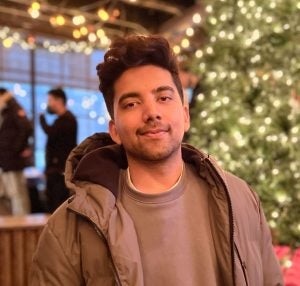
Prashant Khatiwada, B.S.
Graduate Student
Prashant grew up in Kathmandu, Nepal, and earned his B.S. in biomedical engineering from the University of Arkansas. During his undergraduate studies, his exposure to research sparked a strong interest in biomedical sciences, ultimately motivating him to pursue a graduate degree. His research in the Chang Lab focuses on exploring peripheral nerve regeneration. Outside of academics and lab work, he enjoys hiking and traveling.

Zack Reynolds, B.S.
Graduate Student
Zack Reynolds is a PhD student in the Neuroscience Graduate Group at UC Davis. He completed his undergraduate studies at Bowdoin College, where he worked with Dr. Jennifer Honeycutt to investigate how early-life adversity impacts development. In the Chang Lab, his research focuses on optimizing deep brain stimulation as a treatment for refractory chronic pain. Outside the lab, he enjoys rock climbing, running, and cooking.
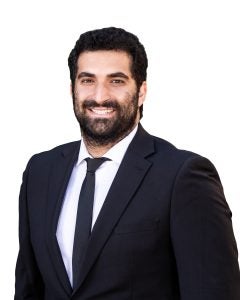
Melod Mehdipour, Ph.D.
Medical Student
Melod is an MD candidate at California Northstate University, College of Medicine. He earned his PhD in Bioengineering from UC Berkeley, where he studied systemic aging and tissue regeneration. His dissertation introduced a translationally relevant model of therapeutic plasma dilution, demonstrating that age-related dysfunction in muscle, liver, and brain could be reversed without the need for young blood factors. During his postdoctoral training at UCSF, he extended this work into the cardiovascular system, identifying the metabolite ophthalmic acid as a key driver of age-related cardiac hypertrophy. Using neutral blood exchange and metabolomic profiling, he showed that cardiomyocyte hypertrophy in aged mice could be reversed by targeting circulating metabolic factors. He joined the Chang Lab at UC Davis in 2024 to investigate how aging impairs peripheral nerve regeneration, with a focus on age-associated changes in Schwann cell function and the nerve microenvironment. His research aims to uncover molecular and systemic targets to enhance axonal repair and develop translational therapies for age-related neurological injury
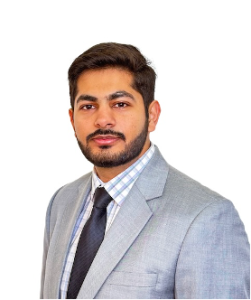
Muhammad Sulman, B.S.
Medical Student
Muhammad is from Sacramento and earned a B.S. in Biological Sciences from UC Davis, where he is now a medical student with an interest in neurosurgery. In the Chang Lab, his research focuses on pain modulation in chronic pain syndromes and the role of deep brain stimulation (DBS). He is confident that this work will meaningfully advance neuroscientific understanding and contribute to the development of new therapies to alleviate pain. In his free time, he enjoys gardening, hiking, and spending time with his cat.

Tamia Valledor, B.S.
Junior Specialist
Tamia earned her B.S. in biological sciences from the University of California, Santa Barbara, where she worked as a bioinformatics student researcher in the Moeller Lab. With over a decade of experience in mechatronics and computer science, she is eager to contribute to research at the intersection of engineering and biology. As a junior specialist in the Chang Lab, she is currently working on researching and developing a closed loop nerve elongation device to enhance peripheral nerve regeneration. In her off time, Tamia likes to take pictures of squirrels, bake, and watch reality TV.
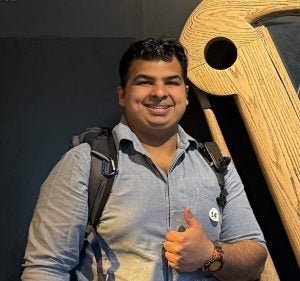
Vraj Thakkar, B.S.
Volunteer Researcher Assistant
Vraj has been a volunteer in the Chang Lab since November 2024. Originally from Sacramento, CA, he completed his undergraduate studies at UC Davis, where he studied neurobiology, physiology, and behavioral science. He is interested in integrating engineering principles with neuroscience to develop clinical approaches for treating nerve and spinal cord injuries. Outside of the lab, he enjoys F1 sim racing, backpacking, weightlifting, and programming.
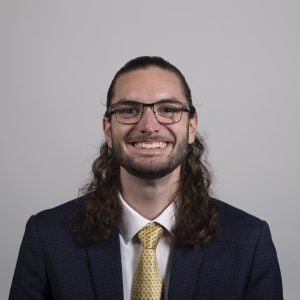
Ryan Zeutzius, B.A.
Volunteer Research Assistant
Ryan is from Portland, OR and earned his B.A. from the University of Portland in 2024, where he double majored in Biology and Psychology, and minored in Neuroscience. As a volunteer research assistant in the Chang Lab, he primarily studies deep brain stimulation as a treatment for chronic pain, and aims to use the experience to pursue graduate studies in neuroscience. Outside of the lab, Ryan is passionate about music, and works as a percussion educator and designer for multiple ensembles.